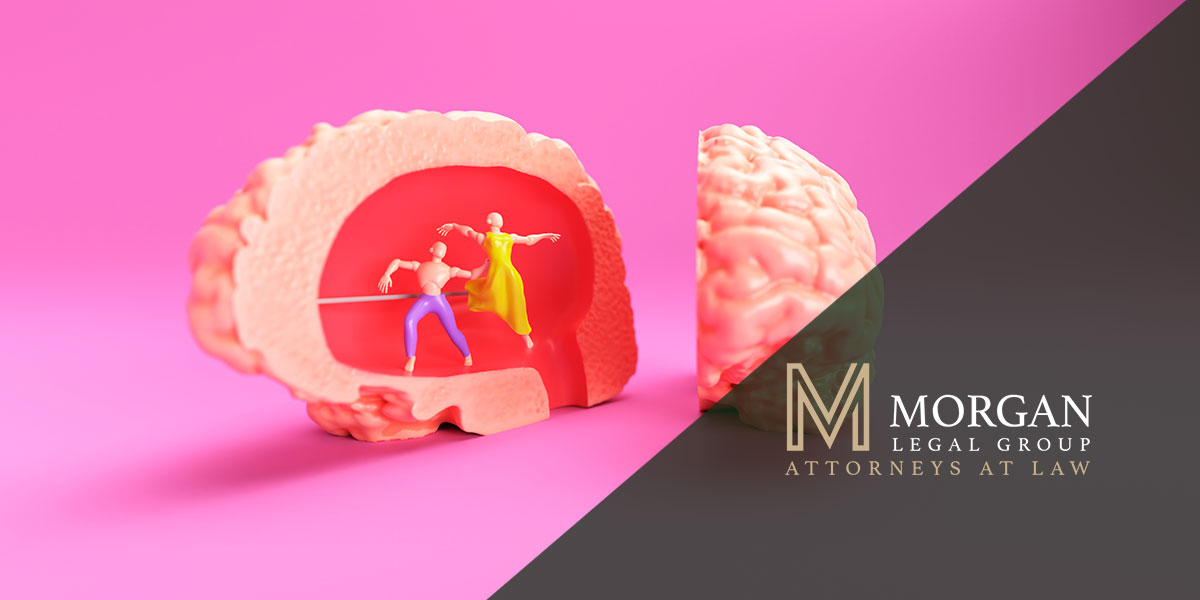The Significance of Cognitive Trust in Legal Relationships
In the realm of law, trust forms the cornerstone of every client-lawyer relationship. Cognitive trust, a concept deeply rooted in psychology and social science, plays a pivotal role in the legal field. At Morgan Legal Group in Miami, we recognize the importance of building cognitive trust with our clients to foster strong, effective partnerships. This comprehensive guide delves into the nuances of cognitive trust, its formation, and its critical importance in legal practices.
What is Cognitive Trust?
Cognitive trust is based on the confidence or belief in another party’s reliability, competence, and ability to perform tasks effectively. Unlike affective trust, which is grounded in emotional bonds, cognitive trust is built through a rational assessment of another’s capabilities and track record.
Building Cognitive Trust with Clients
For lawyers, establishing cognitive trust involves demonstrating expertise, reliability, and integrity. It means being transparent about the legal process, setting realistic expectations, and consistently delivering on promises. This section explores strategies lawyers can employ to build and maintain cognitive trust with their clients.
The Impact of Cognitive Trust on Legal Outcomes
Cognitive trust not only strengthens the lawyer-client relationship but also influences the outcomes of legal proceedings. Trusting in their lawyer’s capabilities, clients are more likely to share crucial information, follow legal advice, and remain engaged throughout the legal process. This segment examines how cognitive trust can lead to more favorable legal outcomes.
Challenges to Cognitive Trust in Legal Practices
Building cognitive trust is not without its challenges. Miscommunications, unmet expectations, and legal setbacks can erode trust quickly. This part addresses common challenges to establishing cognitive trust and offers solutions to overcome these obstacles.
Cognitive Trust vs. Affective Trust
While cognitive trust is based on assessments of competence and reliability, affective trust is emotional and based on personal bonds. Both types of trust are important in the client-lawyer relationship, but they play different roles. This section contrasts the two, highlighting how they interplay in legal settings.
Measuring Cognitive Trust in Legal Relationships
Assessing the level of trust clients have in their lawyers can be complex. Surveys, feedback mechanisms, and direct communication are tools that can help measure cognitive trust. This part discusses methods to gauge and improve trust levels between clients and lawyers.
Case Studies: Cognitive Trust in Action
Real-world examples can effectively illustrate the impact of cognitive trust on legal relationships and outcomes. This section presents case studies where cognitive trust—or the lack thereof—played a decisive role in the resolution of legal matters.
Enhancing Cognitive Trust through Technology
In today’s digital age, technology offers innovative ways to build and maintain trust. From secure client portals to transparent case management systems, this part explores how technology can enhance cognitive trust in legal practices.
Conclusion: The Foundation of Successful Legal Relationships
Cognitive trust is essential for successful legal relationships and outcomes. At Morgan Legal Group, we are committed to building and sustaining trust with our clients through every step of the legal process. Understanding and fostering cognitive trust can significantly impact the effectiveness and satisfaction in the client-lawyer dynamic.
Contact Morgan Legal Group for Trusted Legal Support
If you’re seeking a legal team that values and builds cognitive trust with its clients, contact Morgan Legal Group in Miami. Our experienced attorneys are dedicated to providing reliable, competent, and transparent legal services.








